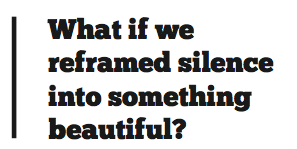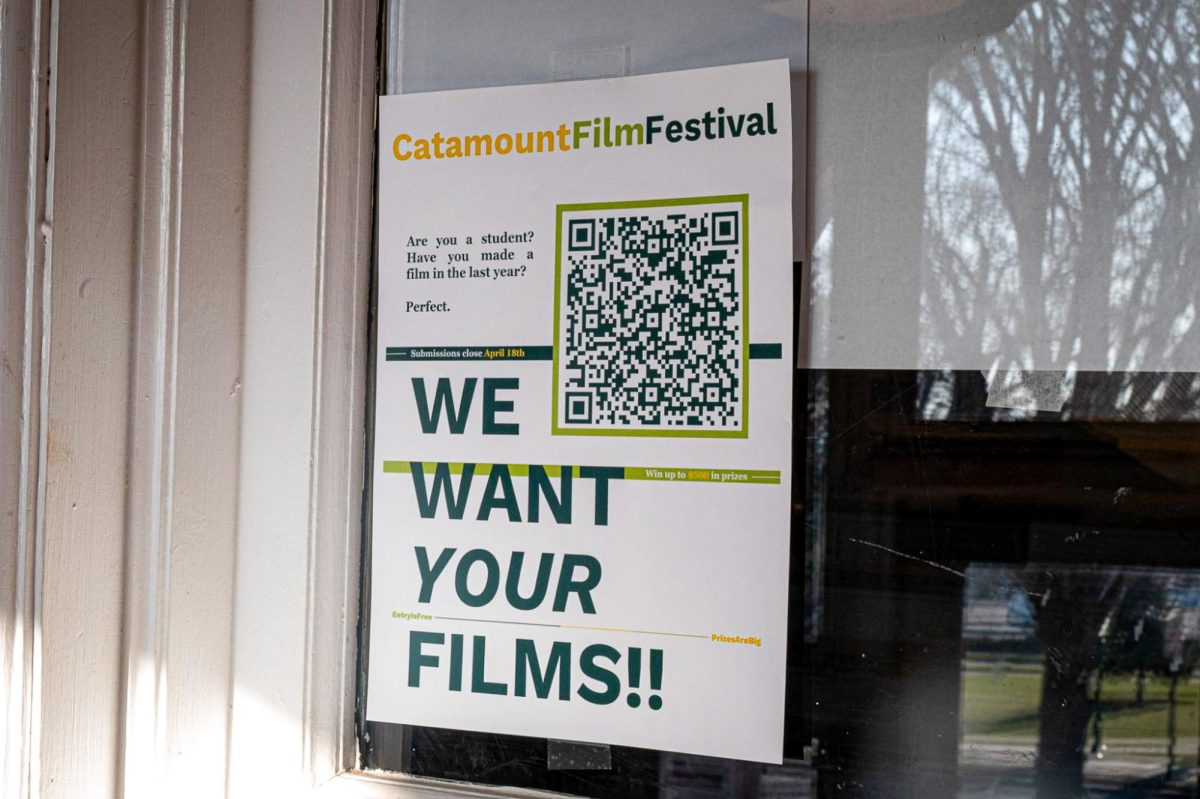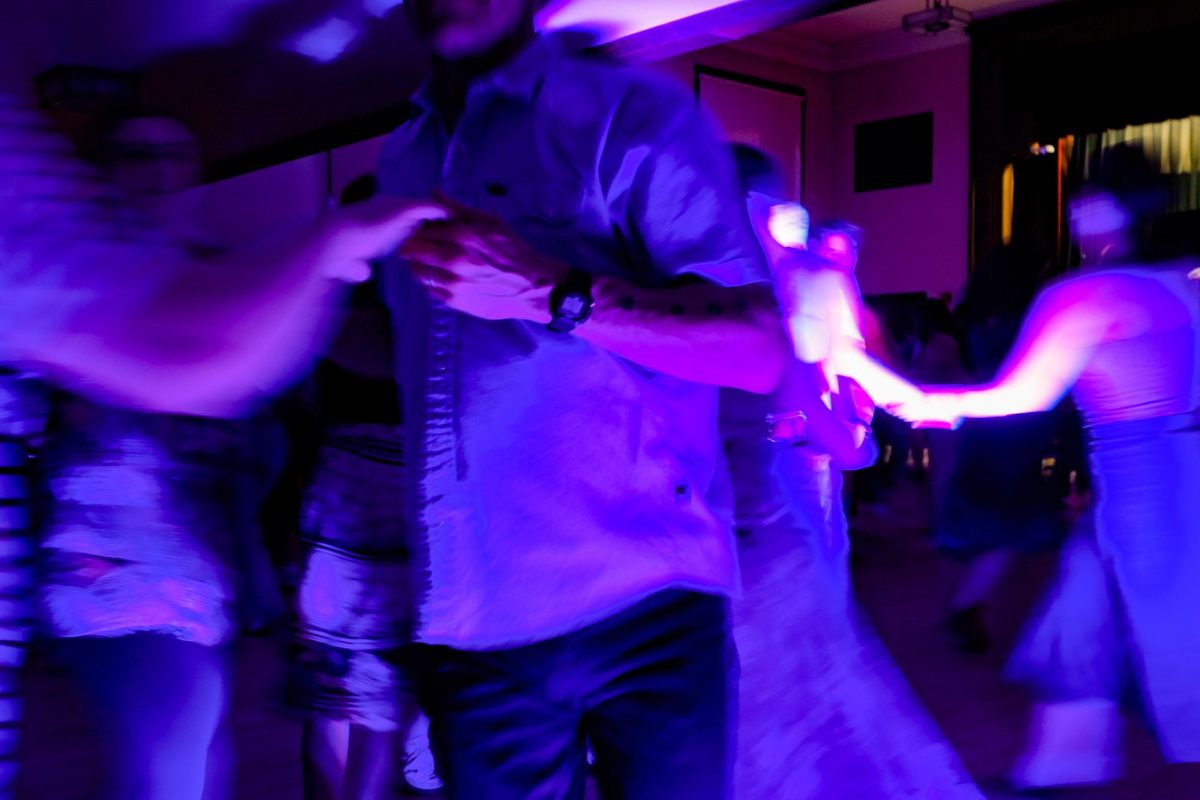You’re at a dinner party, just work with me here, and everyone takes turns putting in their 2 cents regarding the subject at hand, perhaps politics, or maybe a new movie. Hell, the weather is always on the table, too.
And then it strikes. A moment of nothingness. You, and seemingly everyone around you, has run out of words. You’ve squeezed everything you could out of a simple topic and here comes the moment you were dreading. People begin making eye contact with one another, smiling and sighing.
An “awkward silence,” defined as the moment when the conversation has run dry and all parties are left in a state of momentary panic.
 In a six-year study that constantly observed the behaviors of 580 undergraduate students, Bruce Fell, a lecturer at Charles Sturt University wrote that “it can be reasonably argued that their need for noise and their struggle with silence is a learnt behavior.”
In a six-year study that constantly observed the behaviors of 580 undergraduate students, Bruce Fell, a lecturer at Charles Sturt University wrote that “it can be reasonably argued that their need for noise and their struggle with silence is a learnt behavior.”
I mean, we even use music or TV to help us fall asleep.
Bill McKibben, author of “The Age of Missing Information,” a book that discusses the difference between a mind tainted by sensory overload and one that is out in nature, unmarred by the presence of the media, commented on the lasting effects of long periods of television.
“TV was like a third parent, a source of ideas and information and impressions, and not such a bad parent- always with time to spare, always eager to please, often funny,” McKibben wrote.
So we can see why we as a society grip on so tightly to technology, afraid of even a second away from constant stimulation.
Think of the good old-fashioned, “silence is golden” rule from the posters plastered on elementary school classroom walls.
What if we reframed silence into something beautiful?
What if we began to view silence as a moment of purity, void of noise pollution?
Imagine one blissful moment without meaningless conversation.
This would give us all license to stop trying so hard.
It would alleviate us from that period of uneasiness in which we have to fill the empty space with unintelligible nonsense.
On any given day, our ears start the day off with loud alarms, then music blaring from headphones, the constant everyday chit-chat between friends, the voices of our professors as they lecture the day away, and even the tip tapping of typing on our laptops – a moment of sheer silence can be really powerful.
As a society, but first as individuals, we need to learn how to turn in, tune in and drop out.







